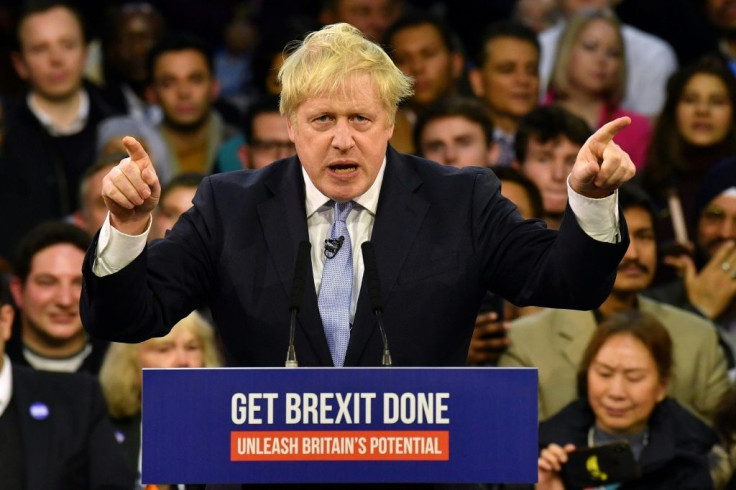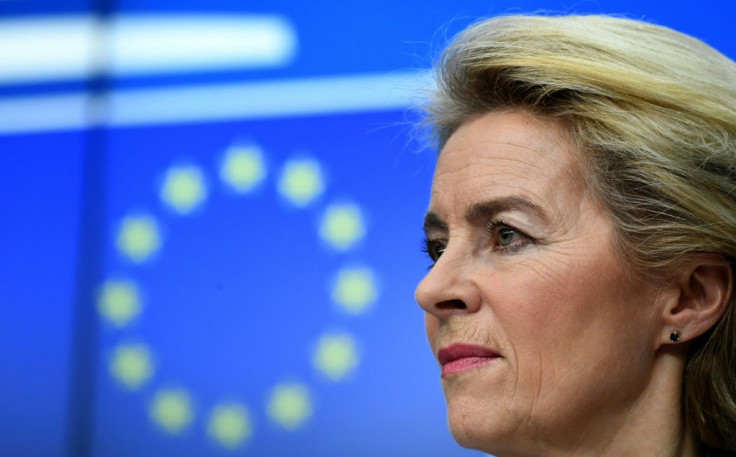With Clock Ticking, British MPs Scrutinise Brexit Deal

British MPs on Tuesday resume scrutiny of Prime Minister Boris Johnson's Brexit deal as he races to get it ratified in time for Britain to leave the European Union on January 31.
After his stunning victory in last month's general election, Johnson is expected to have little trouble getting the legislation enshrining his EU divorce terms through parliament.
But the Conservative leader is still up against the clock, as both the British and European parliaments must ratify the deal before departure day in just a few weeks' time.
Britons voted in the 2016 referendum to end more than four decades of integration with the EU, but the process has been plagued by political rows over how, when and even whether Britain should leave.
After years of uncertainty that weighed on economic growth, Johnson now looks set to finally make it happen -- even if a potentially bigger battle awaits on future ties with the EU.
MPs gave their initial approval to the Withdrawal Agreement Bill in a vote on December 20, a week after Johnson secured a majority of 80 in the 650-seat House of Commons.

Starting on Tuesday, they will have three days of debate before the bill passes to the unelected House of Lords for further scrutiny next week.
Opposition lawmakers and troublesome peers will try to amend the text, but Johnson is virtually certain of getting it through on time.
In a sign of his confidence, his government announced it would hold a new post-Brexit budget vote on March 11, to "seize the opportunities that come from getting Brexit done".

Johnson meanwhile will hold his first meeting with the new European Commission President, Ursula von der Leyen, in London on Wednesday.
Both sides are keen to prepare for talks on their future trading relationship, although these cannot start formally until Britain leaves the EU.
The Brexit deal includes a transition period in which ties remain unchanged in practice until December 31, 2020, to provide continuity until a new economic partnership can be agreed.
EU officials -- including von der Leyen herself -- have warned this is a very tight timeframe, but Johnson insists he will not opt to extend the transition period.
Commission spokesman Eric Mamer said Monday that von der Leyen would "discuss with the prime minister how to try to overcome these challenges and make sure that we can come out with a positive agreement at the end of the year".
The meeting, which will also be attended by EU Brexit negotiator Michel Barnier, will "set the scene", he added, but would not go into details.
Many opposition MPs believe Johnson cannot negotiate a new trade deal with Brussels in 11 months, and are seeking to amend the Withdrawal Agreement Bill to allow for more time.
Other amendments put forward include stronger rights for around 3.5 million EU citizens living in Britain after Brexit.
Expatriate rights are already covered in the Brexit deal, alongside Britain's financial liabilities, the transition period and new trade arrangements for Northern Ireland.
© Copyright AFP {{Year}}. All rights reserved.





















